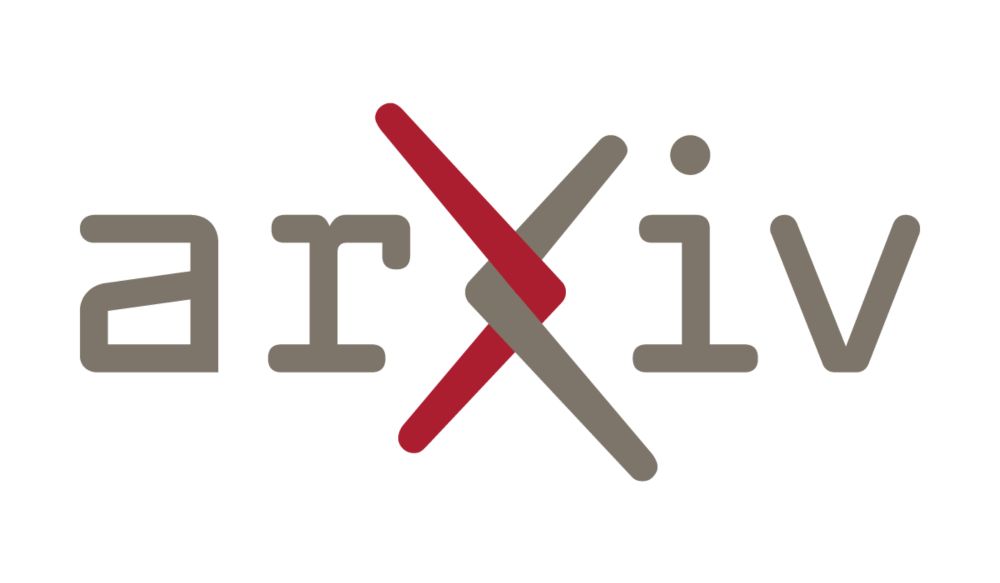Hanna Wallach
Hanna Megan Wallach is a computational social scientist and partner research manager at Microsoft Research. Her work makes use of… more

Reposted by: Hanna Wallach
Work led by @hannawallach.bsky.social + @azjacobs.bsky.social
arxiv.org/abs/2502.00561

by Hanna Wallach — Reposted by: Suresh Venkatasubramanian, Jacob Montgomery
(6/6)

(5/6)
(4/6)
(3/6)
(2/6)
(1/6)
by Hanna Wallach — Reposted by: Nancy K. Baym, Solon Barocas
www.microsoft.com/en-us/resear...
by Hanna Wallach — Reposted by: Hanna Wallach
by Hanna Wallach — Reposted by: Hanna Wallach
This came out of a huge group collaboration led by @hannawallach.bsky.social: bsky.app/profile/hann...
heal-workshop.github.io
by Hanna Wallach — Reposted by: Hanna Wallach
@hannawallach.bsky.social madesai.bsky.social afedercooper.bsky.social et al-This work dovetails with our work at
@worldprivacyforum.bsky.social on measuring AI governance tools from governments, through privacy/ policy lens arxiv.org/pdf/2502.00561

